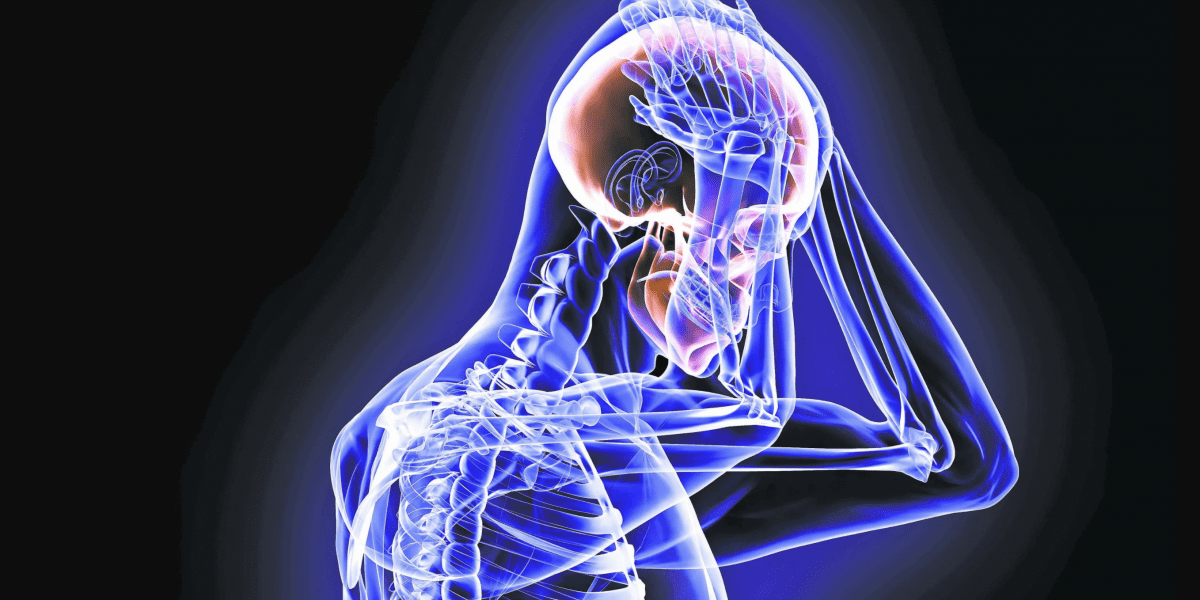Safe sport practices are an inherent part of sports and despite taking precautions, sport injuries are something health professionals deal with on daily basis. Concussions are no different!
Therefore, as a responsible physiotherapist it becomes our top priority to keep up with current research, prevention and management of these incidences.
Concussion may be caused either by a direct blow to the head, face, neck or elsewhere on the body with an impulsive force transmitted to the head.
The staggering statistics indicate one in five sport-related injuries are concussions,and more than nine out of ten emergency department visits for sport-related brain injuries are concussion-related. 64% of emergency department visits among ten to eighteen year olds are related to participation in sports and recreation. Athletes younger than twenty years and females are also more likely to suffer concussion.
The Government of Canada has released pan-Canadian Concussion Guidelines, including return-to-play and return-to-learn protocols, on the basis of collective research and stats.
What you can expect to feel…
- Headache or a feeling of pressure in the head
- Temporary loss of consciousness
- Confusion or feeling as if in a fog
- Amnesia surrounding the traumatic event
- Dizziness or “seeing stars”
- Ringing in the ears
- Nausea
- Vomiting
- Slurred speech
- Delayed response to questions
- Appearing dazed
- Fatigue
You may have some symptoms of concussions immediately while others may be delayed for hours or days after injury, such as:
- Concentration and memory complaints
- Irritability and other personality changes
- Sensitivity to light and noise
- Sleep disturbances
- Psychological adjustment problems and depression
- Disorders of taste and smell
Risk factors
Activities and factors that may increase your risk of a concussion include:
- Falling, especially in young children and older adults
- Participating in a high-risk sport, such as football, hockey, soccer, rugby, boxing or other contact sport
- Participating in high-risk sports without proper safety equipment and supervision
- Being involved in a motor vehicle collision
- Being involved in a pedestrian or bicycle accident
- Being a soldier involved in combat
- Being a victim of physical abuse
- Having had a previous concussion
Rehabilitation Stages :
Graded exertion protocol:
- No activity
- Light aerobic exercises.
- Sports specific exercises
- Non-contact training drills
- Full contact practices
- Return to play
Never return to play or vigorous activity while signs or symptoms of a concussion are present. An athlete with a suspected concussion should not return to play until he or she has been medically evaluated by a healthcare professional trained in evaluating and managing concussions. If your concussion is severe and out of your control, think about taking legal action and sue for a concussion, if it drastically affects your day to day life. Children and adolescents should be evaluated by a healthcare professional trained in evaluating and managing pediatric concussions.
Experts agree that the best ways to prevent concussion are:
- Play by the rules. Teaching young athletes to respect the rules of their sport is part of good coaching.
- Wear the appropriate equipment for your sport and wear it properly. Always close a chin strap if your sport requires a helmet; many concussions occur during practice.
- Examine the playing field for uneven areas or holes.
- Make sure that end posts are padded sufficiently.
- Practice good sportsmanship. Teaching good sportsmanship is part of good coaching and good parenting minimizing unnecessary aggression on the field.
- Learn and use proper technique for your sport. Some sports organizations have taken additional action to minimize the risk of concussion by limiting the number of contact practices allowed during the season.
Undoubtedly, physiotherapists help to stay fit & strong in sports training testifies prevention is best management!
Giri Srinivasan – Physical Therapist /Clinical Director.








